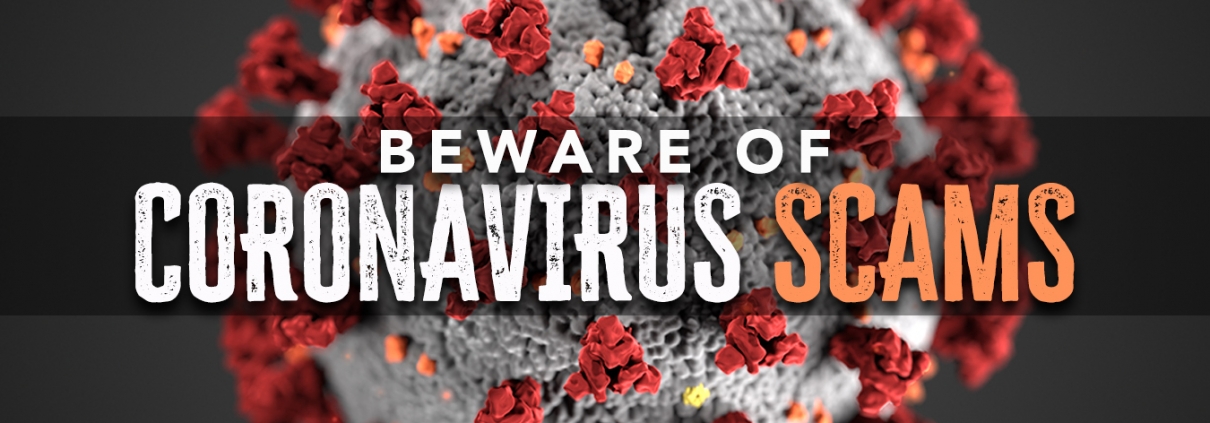Watch out for Corona-Criminals
In a time of uncertainty and isolation we are all reaching for more information, especially from respected institutions such as the Centers for Disease Control (CDC), the World Health Organization (WHO) and respected hospitals and research facilities. But unfortunately cybercriminals are using the names of these institutions to lure unsuspecting individuals into fake offers, giving out personal information, and clicking on download links that can infect their computers. This can lead to fraud, identity theft and the loss of account information and passwords. As with all things related to the coronavirus outbreak, it pays to be vigilant.
In short, if you have accessed an online article, blog, or website that is not familiar, and you don’t feel 100% safe, do not click on offers or download documents, interactive maps or programs. This may be an attempt to introduce a malicious computer virus, ransom-ware or other program into your phone, tablet or PC for the purpose of collecting your personal information. If you click on a link and you are asked for permission to download, or give access to your photos, contacts, etc., think twice. Do you really understand what this program or app is going to do with the information you are providing? Like the coronavirus we need to be very careful about the things that we virtually touch and what we allow to touch us!
See below two recent articles from the Federal Trade Commission about coronavirus scams:
Avoid Coronavirus Scams
Types of Coronavirus Scams
As always, if you feel that you might be a victim of identity theft or you have a question about the safety of your accounts or your login information please contact us. We can help.




